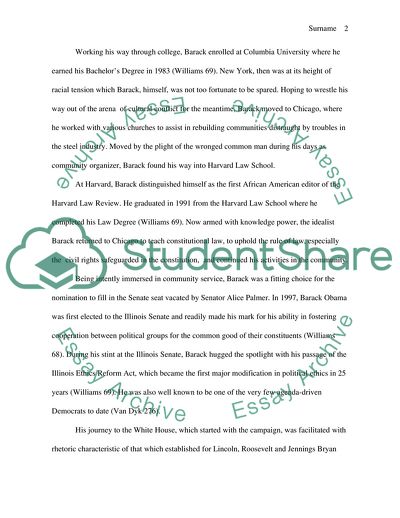Cite this document
(Political Science - Barack Obama and the Democratic Party Research Paper, n.d.)
Political Science - Barack Obama and the Democratic Party Research Paper. https://studentshare.org/politics/1724677-political-science-research-paper
Political Science - Barack Obama and the Democratic Party Research Paper. https://studentshare.org/politics/1724677-political-science-research-paper
(Political Science - Barack Obama and the Democratic Party Research Paper)
Political Science - Barack Obama and the Democratic Party Research Paper. https://studentshare.org/politics/1724677-political-science-research-paper.
Political Science - Barack Obama and the Democratic Party Research Paper. https://studentshare.org/politics/1724677-political-science-research-paper.
“Political Science - Barack Obama and the Democratic Party Research Paper”. https://studentshare.org/politics/1724677-political-science-research-paper.


